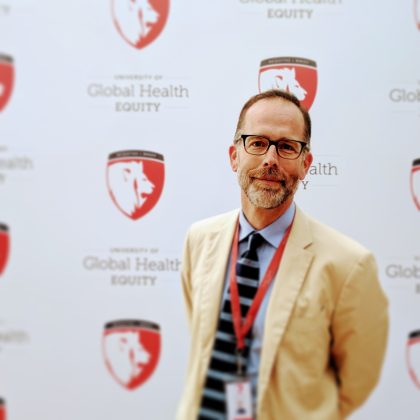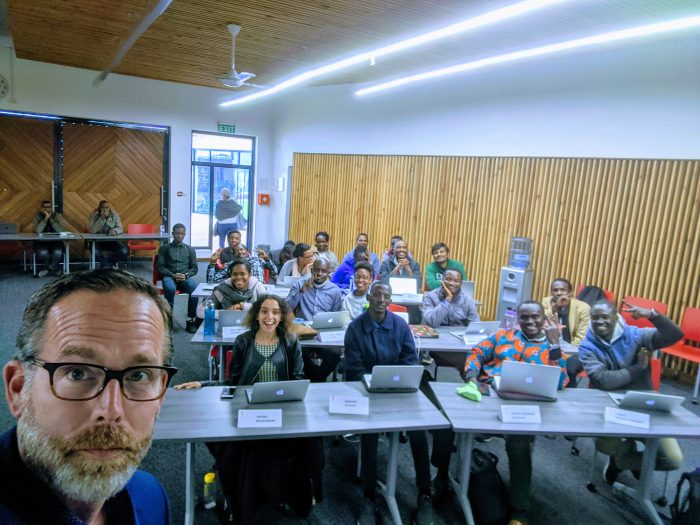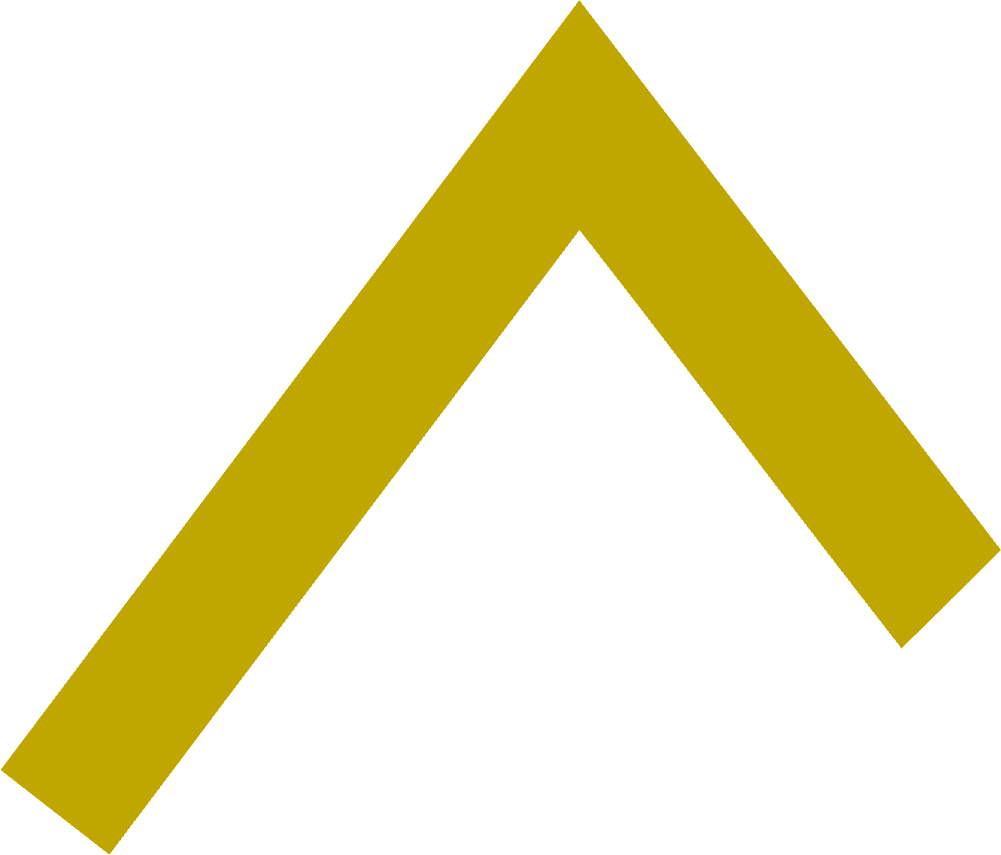In 2016, Development Guild partnered with Partners In Health on their executive search for a Director of Partnership Development, University of Global Health Equity. We placed John Urschel in the role. We recently caught up with John to discover how his position and the organization have evolved over the past five years.
What initially attracted you to the Director of Partnership Development position at the University of Global Health Equity, Partners In Health?

John Urschel
Since I started my fundraising work in 1993, I have always been attracted to organizations that take a comprehensive approach to problem solving. PIH exemplifies that commitment with a focus on systems strengthening combined with a tenacious and resolute drive for social justice.
I was introduced to the work of PIH in 2001 when I was in graduate school. In the class, Anthropology and Public Policy, we read the work of PIH co-founder, Dr. Paul Farmer. Those readings still inform my thinking about how injustice isn’t accidental but created through long-term political and social forces that can and should be re-shaped. The opportunity to work alongside Dr. Farmer and so many others who share this perspective was too exciting to pass up.
How has your role changed since you began?
I was fortunate to have initially been brought on to build the fundraising program for PIH’s first global university located in Rwanda, the University of Global Health Equity. Not many people get a chance to help build a university and it proved to be a once-in-a-lifetime experience. After several years focused on expanding UGHE’s network primarily in North America and Europe, I was invited to help the parent organization, PIH, develop a growing portfolio of transformative partnerships to support our global work.
What do you enjoy most about the organization now?

John leading a conversation about networking with a class of graduate school students
Above all, the people at PIH. My colleagues on the clinical, programmatic, administrative, and fundraising teams are among the most intelligent, thoughtful, and passionate that I’ve ever worked alongside. The feeling of comradery is high as is the willingness “to do whatever it takes” to improve people’s lives.
And, being in a position where I can support the clinical, policy, research, and educational work of PIH across dozens of countries is something truly special. PIH is an organization with a dedication to learning and introducing new knowledge and I am pushed every day to learn something new about health care, medical education, clinical research, and how to bring justice to those who deserve it.
What have been your and the organization’s greatest achievements over the past five years?
Well, over this period, we launched a new university in Rwanda to advance global health delivery by training a new generation of global health leaders. As part of the development of the University of Global Health Equity, we built a stand-alone residential campus and welcomed our first cohort of female-majority medical students in 2019, 100% of whom receive full financial aid. And, UGHE continues to grow and influence students around the world.
Across our global sites, the day-to-day work continues, and our greatest achievements happen every time we can save a life, prevent an illness, and provide care for those who are most often denied due to conditions far outside their control. One example of this is in Sierra Leone, a country that has one of the highest maternal mortality rates in the world. This past year we opened the Maternal Center of Excellence in Sierra Leone’s Kono District to ensure that every pregnant woman can look forward to childbirth as a moment to celebrate, not one to fear.
And, let’s not forget about COVID (how could we, really?). PIH launched our United States COVID-19 response in spring 2020 through the Massachusetts Community Tracing Collaborative (CTC), where we called upon our experience fighting epidemics and strengthening public health systems around the world. Since then, we’ve expanded our work across the country and worked side-by-side with our US partners in 16 jurisdictions to tailor public health responses to the unique needs of each community. To fight the gross inequities in the US health system that COVID continues to highlight, we accompany and advise public health and community partners through contact tracing and vaccine rollout, public health guidance, prevention and care protocols, and advocacy for policies that lead to stronger public health systems to better meet the needs of underserved, neglected communities.
What is on the horizon for PIH?
The horizon is already here! PIH is finalizing our five-year strategic plan and vision for the next decade and the development department is gearing up to support our organizational goals. We’re excited about finding transformative partnerships to help PIH “bend the arc” toward justice.

